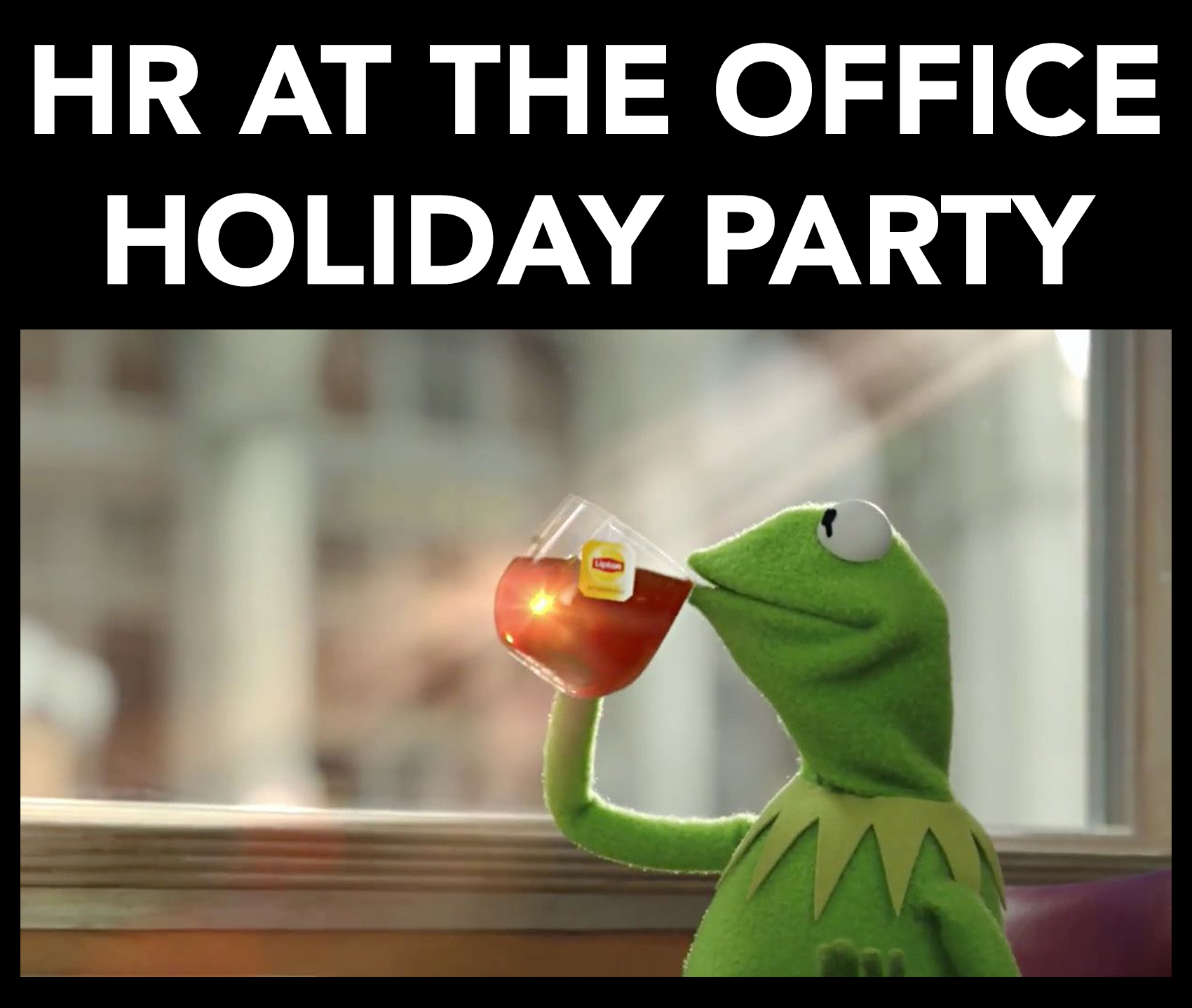12.6.23
By Jennifer Jacobus, PHRca, SDEA CEO 
In the world of political correctness, diversity, liability and even wage and hour issues, many employers probably wish they could skip over the holiday season altogether. Many employees however, look forward to this time of year anticipating some holiday and/or vacation time, a holiday party and celebration of their religious beliefs—what could possibly go wrong in the workplace?
Decorating for the Holidays—It’s always fun to decorate the office for the holidays. This is a great opportunity to step away from the everyday grind and can be a great way to promote teambuilding. Holiday decorating contests are always a fun idea as well. While employees should be relatively free to decorate their office space or cubicle in a “reasonable” fashion that does not pose any safety issues or infringe on others’ rights, the rule for general office space should be one of common sense. Error on the side of caution and keep holiday decorations more on the generic side; wreaths, greenery, snowflakes are usually a safe bet but steer clear of the live nativity scene!
Time Off – While more companies are offering holidays other than the traditional Christmas Eve and Christmas Day, most companies do not close down for Hanukkah, as an example. There are laws under both federal and state regulations that require employers to provide reasonable accommodations to employees based on religious needs. Does this mean that some employees may get a paid day off on Christmas day when the company is closed for business as well as additional religious holidays observed by them? Yes. Does this mean that the employer must pay for these additional days off? No. Holiday closures and whether or not employees are paid for those holidays is discretionary. Employers are not legally required to offer paid holidays so those employees who wish to observe alternative religious holidays than those offered by the company should be allowed the time off (if the time off does not pose an undue hardship) and be given the option to take the day off without pay or use accrued vacation or PTO.
Holiday Parties—This is where many companies struggle the most; what to do, if anything? What time of day? What to serve? Are guests, spouses, significant others invited? And of course, the big question, whether or not to serve alcohol—all legitimate questions.
Many companies have done away with holiday parties, however, SHRM (Society for Human Resource Management) reports that “workplace holiday parties have made a comeback”. Mike Baize, manager of HR services for the VA-based SHRM states that a poll conducted by the association found that 65% of HR professionals said their organizations will have an end-of-year holiday party open to all employees.
So back to the biggest concern, whether to serve alcohol or not—safest bet it to make the party a “dry” event. Blame it on HR if you have to—they are always the party-poopers, right? If that just isn’t going to fly, consider these tips:
- Provide a “no-host” or cash bar. This way the company is not subsidizing the alcohol. This will reduce liability, but not eliminate it;
- Consider drink tickets—two per person for example;
- Limit the timeframe that the bar is open, closing it down well before the party concludes;
- Ensure that there is plenty of food served and that non-alcoholic beverages are made available at no cost as well as coffee;
- Monitor employee behavior, provide services for employees to get safe transportation home, i.e., Uber or a taxi service;
Additionally, make it clear to employees that the holiday party is completely voluntary, that there is no requirement for anyone to attend; send pre-party reminders on company policy related to harassment and workplace conduct ; consider a holiday lunch instead of a dinner; and make sure that all holiday parties are non-denominational—make it about the end of the year, looking forward to a prosperous new year.
This should be a time of year to reflect, make plans and goals for the new year, not a time to be dealing with disgruntled employees or worse yet, the disgruntled employee’s attorney.
If you want to brainstorm ideas and appropriateness of holiday cheer in your organization, SDEA is here to help. We are HeRe with you!




